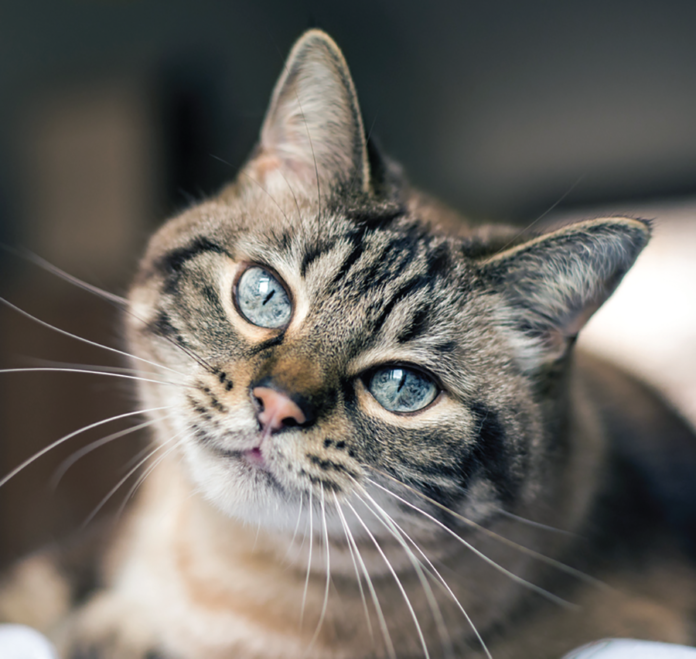My housemate has been smoking the vaping devices the Centers for Disease Control and Prevention (CDC) has recently raised concerns about. Recently, my 8-year-old domestic shorthair cat has lost his appetite and is losing weight. Is there any scientific evidence of any potential negative effects of vaping on cats?
Thanks for getting in touch, and I am very sorry to hear of your cat’s problems. It is, of course, not possible for us to diagnose your baby from afar, so we think it’s important that you work with your veterinarian to formulate the best diagnostic and treatment plan to address the loss of appetite and body weight you are observing. There are many reasons that a cat may lose his appetite, ranging from dental disease to pancreatitis to cancer, and starting off with a physical examination followed by appropriate screening tests and diagnostic imaging as needed is likely a good place to start in this regard.
With respect to whether the vaping you are referring to may be contributing to your cat’s problems, it is difficult to say. To our knowledge, there have not been any published control studies of the effects of e-cigarettes on feline health. There has, in fact, even been some controversy regarding the effects of second-hand smoke exposure from regular cigarettes on feline health. A few studies that looked at the association between feline lymphoma and the smoking habits of owners suggested that second hand exposure to cigarette smoke may play a role in the development of lymphoma in cats, but these conclusions have been called into question.
One potential risk that e-cigarettes do pose to cats is nicotine toxicity (chewing tobacco and nicotine-containing gum also carry this risk). The concentration of nicotine in the cartridges commonly used in e-cigarettes can be quite high, and if a cat were to puncture a cartridge and ingest the vaping liquid, they may very well experience nicotine toxicity. It is unclear whether cats can develop nicotine toxicity by inhaling vaped nicotine, but this is certainly possible if the exposure is significant enough.The signs of nicotine toxicity in cats include hyperactivity followed by lethargy, tremors, incoordination, vomiting, drooling, and seizures. The severity of these signs is usually correlated to the amount of nicotine ingested, and symptoms are usually observed within one hour of the ingestion of nicotine.
The prognosis for nicotine intoxication in cats depends upon the dose, with low dose exposure carrying a generally good prognosis and higher dose exposures being associated with a less favorable prognosis.
It is crucial that owners contact a veterinarian immediately if they observe their cat ingest nicotine-containing products so that stabilizing and supportive care can be provided as quickly as possible. There is no antidote currently available for nicotine intoxication in cats.
While I wish that I had more specific information about the potential effects of vaped nicotine products on cats, I think it’s very important that you continue to work closely with your veterinarian to rule out and address other potential causes of the signs you are witnessing in your cat.
In the interim, minimizing his exposure to the vaped products by isolating him from where they are being used and perhaps using an air purifier would be a good idea.
Thanks, best of luck, and please send us an update when you can.




